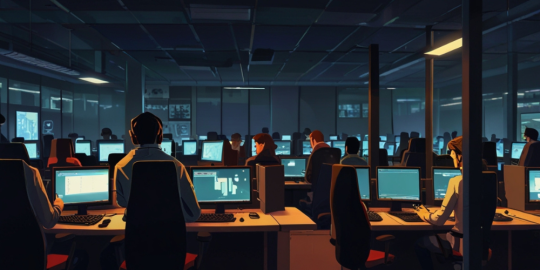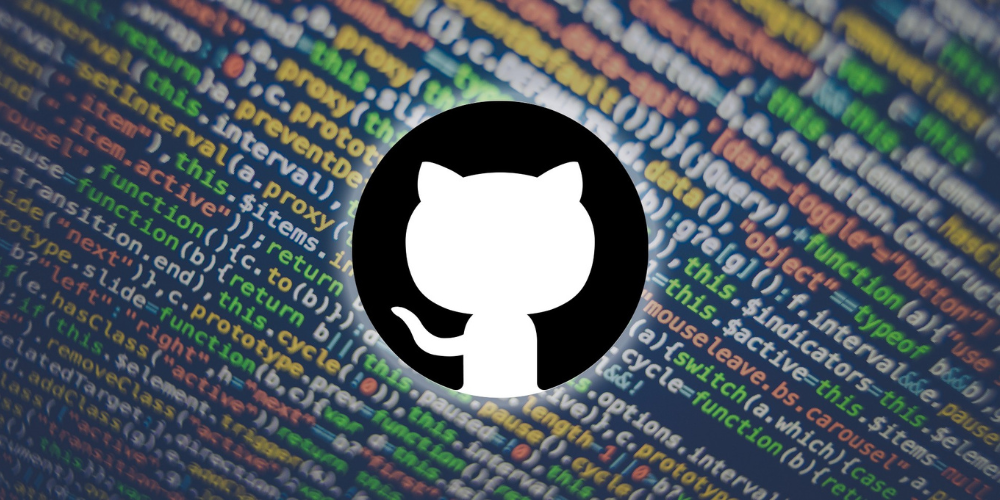
Navigating a Shifted Landscape
The game development industry, like many others, has faced an unprecedented shift in the wake of the global push towards remote work. Traditional studio environments, once buzzing with the vibrant hum of creative energy where developers, artists, and designers collaborated in real-time to bring virtual worlds to life, had to adapt as developers took their workstations home rapidly. This seismic change necessitated not only a series of technical adjustments—ensuring robust internet connections, securing sensitive data remotely, and setting up collaborative software tools—but also demanded a profound cultural transformation to uphold the collaborative essence that is so vital to game creation.
While teams scattered across different locations and time zones found new ways to communicate through video calls and chat platforms, it became essential for studios to foster a sense of community and shared purpose despite physical separation. Additionally, leaders within the industry had to rethink management strategies, embracing flexibility while maintaining productivity and creativity at its peak. As these studios navigated uncharted territories, they discovered both newfound challenges and opportunities for innovation in how they create immersive gaming experiences for audiences worldwide.
Embracing Virtual Toolsets
To bridge the physical divide brought on by remote work, development teams have increasingly turned to a variety of virtual tools meticulously designed to replicate and, in many cases, enhance traditional office dynamics. Communication platforms such as Slack and Discord, which were initially perceived as mere messaging apps, have now evolved into fully functional virtual offices where team members can interact seamlessly throughout the day. These tools facilitate not just casual conversations but also structured meetings and collaborative discussions that were once strictly bound to physical conference rooms.

Simultaneously, cloud-based services like GitHub and Perforce have become indispensable for developers seeking seamless sharing of code and assets. These platforms enable version control, collaborative coding, and streamlined project management across geographically dispersed teams. Developers can simultaneously work on different parts of a project without the fear of overwriting each other's contributions.
In addition to these foundational tools, real-time collaboration solutions such as Google Docs and Miro boards are rapidly becoming essential components in the toolkits of modern teams. Google Docs allows multiple individuals to edit documents concurrently while tracking changes and leaving comments for continuous feedback loops. On the other hand, Miro boards provide a versatile canvas for brainstorming sessions, wireframing applications, or plotting out complex flowcharts—all activities that, under normal circumstances, might require an actual whiteboard in a shared office space.
Together, these innovations ensure that despite the lack of physical proximity, team members remain connected and productive. The synergy among communication platforms, cloud-based repositories for code sharing, and dynamic collaboration tools effectively transforms disparate work environments into cohesive virtual spaces that drive innovation forward.
Maintaining Creative Harmony
With the potential for isolation, maintaining team synergy becomes more challenging yet even more essential. Regular video conferences and 'virtual stand-ups' ensure that team members remain connected both personally and professionally. Online social events or 'remote team-building activities' help preserve the camaraderie necessary for fostering cooperation and creativity among teams.
A New Era of Flexibility

The remote model offers developers an unparalleled level of flexibility not typically found in traditional office environments. The significant time savings on commuting can be reallocated to personal well-being activities, such as exercise, hobbies, or spending quality time with family and friends, thereby promoting a healthier work-life balance. Additionally, this extra time can be used for professional development pursuits like taking online courses, attending webinars, or working on innovative projects that could advance their skills and career prospects.
Striking a Balance: Discipline Meets Autonomy
The shift towards remote work has brought with it a significant change in the traditional working paradigm, placing a premium on personal responsibility and self-regulation. In this new landscape, individuals must cultivate a heightened level of self-discipline, as they lack the external structure and immediate oversight typically provided by an office environment. Without the familiar rhythms of office life and face-to-face interactions with colleagues, remote workers must diligently manage their own schedules, remain proactive about communication, and stay focused amidst the distractions that can accompany working from home.
Leveraging Continuous Learning
Remote game development necessitates ongoing education to master new digital tools and workflows that are continuously evolving in this space. Developers enjoy an array of online courses and webinars that allow them to upskill conveniently without needing to step out of their homes—a vital aspect of staying ahead in the competitive gaming industry.
In Conclusion: Resilience Through Innovation
The adoption of a remote infrastructure within game development arose from necessity but has since cultivated an environment ripe with innovation and opportunity. By embracing digital collaboration tools, nurturing remote-friendly cultures, leveraging unique benefits like flexible schedules, focusing on discipline-driven outcomes, and continually learning new technologies—game studios have shown incredible resilience. The future looks bright for remote game development as it harnesses global talent diversity and engenders progressive practices that may guide other industries in their ventures into digital collaboration spaces.